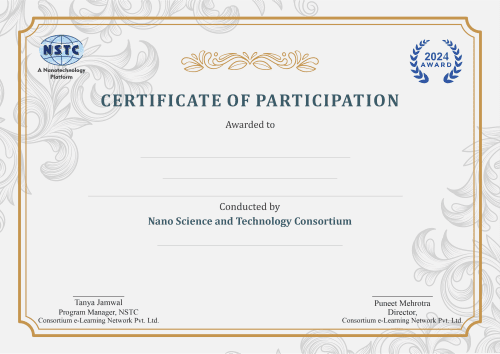
CRISPR based Gene Therapy
Unlocking the Future of Medicine with Precision Gene Editing
The CRISPR-based Gene Therapy workshop is a cutting-edge initiative at the forefront of genetic medicine, leveraging the revolutionary CRISPR-Cas technology to address a wide range of genetic disorders and diseases. This program integrates advanced genetic engineering techniques with innovative therapeutic approaches, offering hope for patients with previously untreatable conditions. By harnessing the precision and versatility of CRISPR-Cas systems, researchers and clinicians aim to develop targeted therapies that can correct or modify faulty genes, ultimately restoring normal cellular function and improving patient outcomes.
Participants in this program have the opportunity to immerse themselves in a dynamic research environment, exploring the latest developments in CRISPR-based gene editing, gene delivery methods, and preclinical and clinical applications. Through collaborative research projects, hands-on laboratory work, and interdisciplinary discussions, participants gain invaluable insights into the challenges and opportunities in gene therapy. With its focus on translational research and therapeutic innovation, the CRISPR-based Gene Therapy Program is poised to make significant contributions to the field of genetic medicine, paving the way for a future where genetic diseases are effectively treated and potentially cured.
Aim: This workshop aims to equip participants with the fundamental knowledge and practical skills necessary to understand, develop, and implement CRISPR-based gene therapies. It focuses on the scientific principles, ethical considerations, and real-world applications of gene editing technologies in medical and research settings.
- Understand the fundamental principles of CRISPR-Cas9 and other gene-editing technologies.
- Gain hands-on experience in designing and conducting CRISPR experiments.
- Learn to analyze and interpret gene editing data.
- Explore the ethical, legal, and social implications of gene therapy.
- Prepare for careers in research, development, and regulation of gene therapies.
What you will learn?
Module 1: CRISPR Technology and Gene Therapy: An Introduction
- Overview of the history and development of CRISPR.
- Basic principles of CRISPR/Cas systems.
- Gene therapy and its fundamentals
- Basic steps for how CRISPR/Cas can be employed in gene therapy
Module 2: Applications in Gene Therapy
- Explore case studies and exemplary instances showcasing the successful application of CRISPR-based gene therapies in diverse medical scenarios.
- Analyze the challenges encountered in the implementation of CRISPR-based gene therapies and discuss breakthroughs that have significantly impacted the field.
- Foster an in-depth understanding of the current landscape of gene therapy applications, emphasizing CRISPR technologies, through engaging discussions and real-world examples.
Module 3: Ethical and Regulatory Considerations
- Ethical Implications of CRISPR Technology
- Discussion on the ethical considerations surrounding gene editing.
- Case studies on ethical dilemmas in CRISPR research.
- Regulatory Frameworks and Guidelines
- Overview of current regulatory frameworks governing CRISPR-based gene therapies.
- Understanding the approval process and safety protocols.
- Future Prospects and Emerging Trends
- Exploration of future applications and advancements in CRISPR technology.
- Discussion on potential breakthroughs and challenges.
Intended For :
- Undergraduate degree in Biotechnology, Molecular Biology, Genetics, or related fields.
- Professionals in the pharmaceutical, biomedical, or healthcare sectors.
- Individuals with a keen interest in genetic engineering and medical research
Career Supporting Skills


